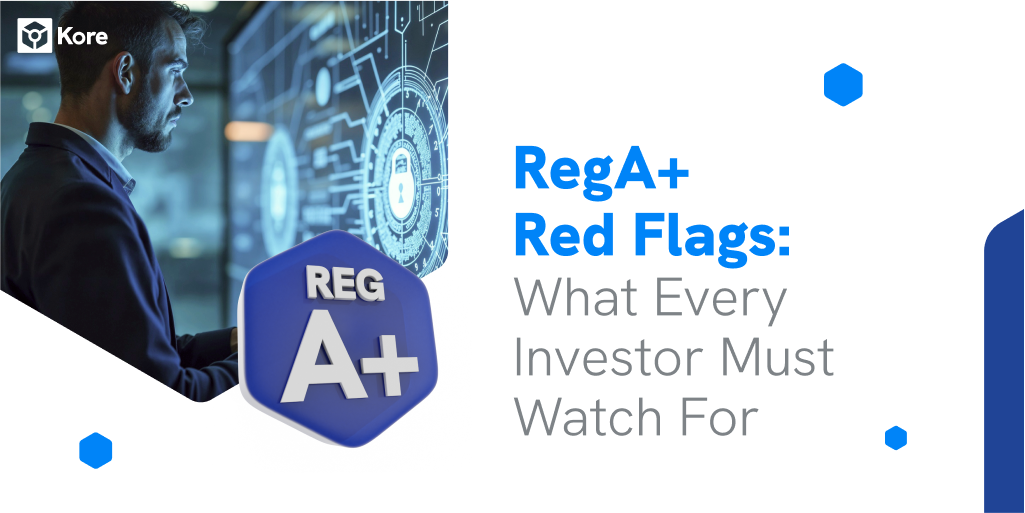The Broker-Dealer’s Guide to Due Diligence process

In the realm of private capital markets, due diligence is not just a procedure but a pledge—a commitment to uphold integrity, trust, and compliance. This guide serves as a beacon for Chief Compliance Officers (CCOs) and their compliance teams, guiding them through the complexities of due diligence process in private company capital raises. From leveraging technology to navigating an ever-evolving regulatory landscape, to understanding the nuanced roles of FINRA Broker-Dealers, we delve into how these crucial processes safeguard the private capital markets, ensuring a secure and transparent investment environment for all parties involved.
Due Diligence by Chief Compliance Officers
Imagine a world where investments flow seamlessly, underpinned by an unshakeable trust between investors and companies raising capital. This is the reality that CCOs strive to create through meticulous process of due diligence on companies and investors. Through their diligent efforts, such as scrutinizing a company’s financial health, operational strategies, and leadership integrity, CCOs not only protect investors from unforeseen risks but also build a foundation of trust that is paramount for successful capital raises.
Empowering CCOs with Technology
The digital age has revolutionized due diligence process, providing CCOs with tools to gather and analyze vast amounts of data efficiently. Technologies tailored to regulations like RegCF, RegD, and RegA+ enable CCOs to customize and have still best practices in due diligence processes. Therefore, ensuring that each investigation meets specific regulatory standards. This not only streamlines compliance but also allows CCOs to allocate their resources more effectively, focusing on strategic decision-making rather than getting lost in a sea of paperwork. CCO’s are the backbone of the firm, and as such technology needs to be part of their overall strategy for the firm to be successful, tools such as Compliance Desk provide the necessary and regulatory requirements of making sure data is collected, tracked, and maintained for CCOs.
Navigating Challenges of due diligence process in a Dynamic Regulatory Environment
The landscape for FINRA Broker-Dealers is fraught with challenges, from navigating a complex web of regulations to ensuring that compliance teams are equipped with the necessary tools. The advent of technologies like the Compliance Desk represents a significant leap forward, enabling CCOs to maintain organized records in a FINRA-approved facility to meet Rule 17a-4 requirements. This capability is crucial for broker-dealers to manage their compliance efficiently, allowing them to focus on expanding their business while maintaining strict regulatory adherence.
The Critical Role of FINRA Broker-Dealers
FINRA Broker-Dealers are the guardians of the private capital markets, and their role extends beyond initial best practices on the due diligence process; they help to ensure the safety and integrity of transactions for investors, companies, and intermediaries alike. Once an offering goes live, they are responsible for continuous oversight, including KYC, AML, suitability, and investor verification. This dual focus on company and investor due diligence is essential for preventing bad actors from entering the market, thereby protecting the investment ecosystem.
7 Steps for Effective Due Diligence on Private Companies
For those aiming to enhance their due diligence processes or embarking on the journey to become a FINRA Broker-Dealer, consider the following steps:
- Comprehensive Regulatory Understanding: Gain a deep understanding of the relevant regulations (RegCF, RegD, RegA+) and their implications for your due diligence process.
- Robust Data Collection and Analysis: Leverage technology to efficiently collect and analyze company data, focusing on financials, management, and operational integrity.
- Risk Assessment: Develop a framework for assessing and categorizing potential risks, including financial, legal, and operational risks.
- Management and Operational Evaluation: Conduct thorough evaluations of the company’s management team and operational capabilities to ensure they have the necessary expertise and resources. Always do bad actor checks on the company and the principles of the company.
- Legal Compliance Verification: Verify the company’s compliance with all applicable laws and regulations, including securities laws and industry-specific regulations.
- Continuous Monitoring: Establish processes for ongoing monitoring of the company’s performance and compliance post-investment.
- Record Keeping and Reporting: Implement systems for maintaining detailed records of your due diligence process, ensuring they meet FINRA’s Rule 17a-4 requirements for record-keeping.
Best practices on due diligence for broker-dealers
In the rapidly evolving landscape of private capital markets, the importance best practices on due diligence for broker-dealers cannot be overstated.
It is the bedrock upon which trust and compliance are built, safeguarding the interests of investors and ensuring the integrity of the market. For FINRA Broker-Dealers and their compliance teams, staying abreast of regulatory changes and leveraging technology are key to navigating this complex environment effectively.
So, by creating a comprehensive guide of due diligence best practices that align with current regulations and anticipate future shifts, firms can not only comply with today’s standards but also set a benchmark for excellence in compliance and investor protection. As we move forward, education and adaptability will remain crucial for all stakeholders in the private capital markets, ensuring that they can meet today’s challenges and seize tomorrow’s opportunities.






